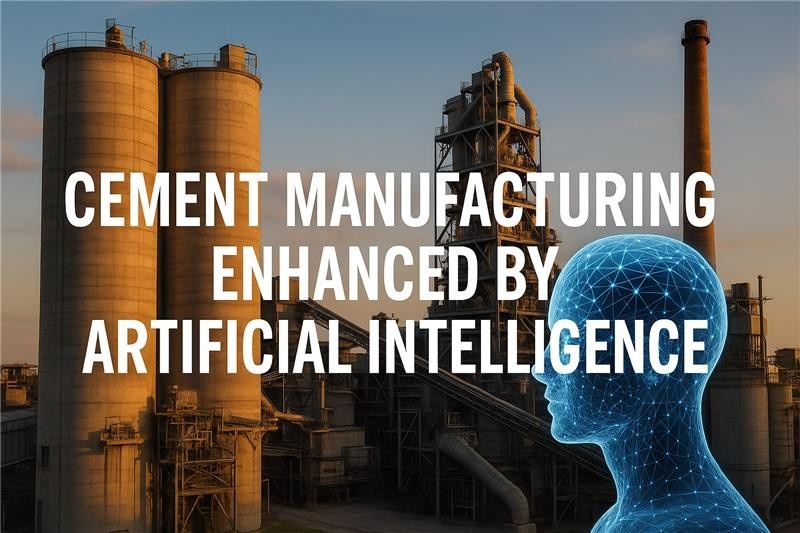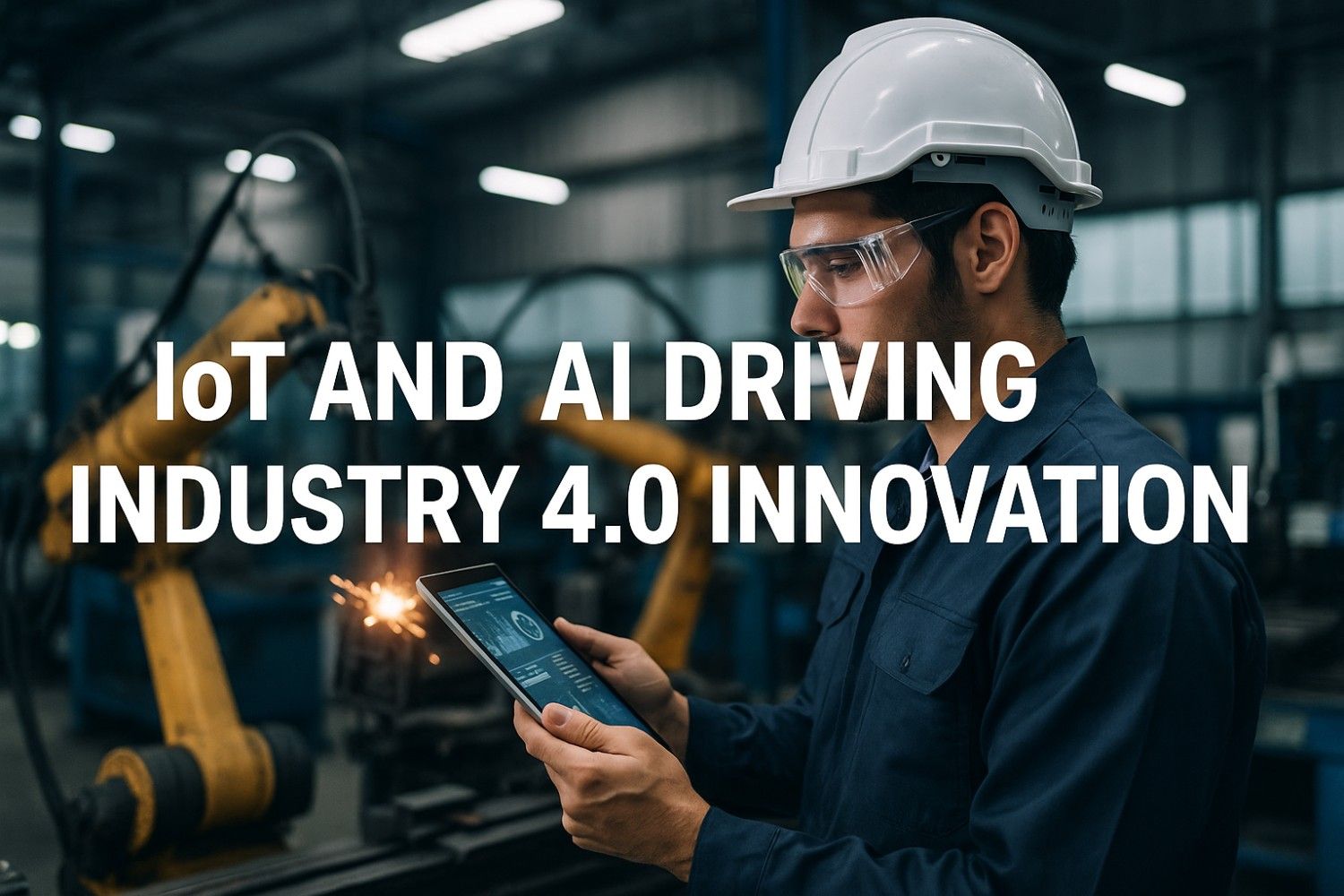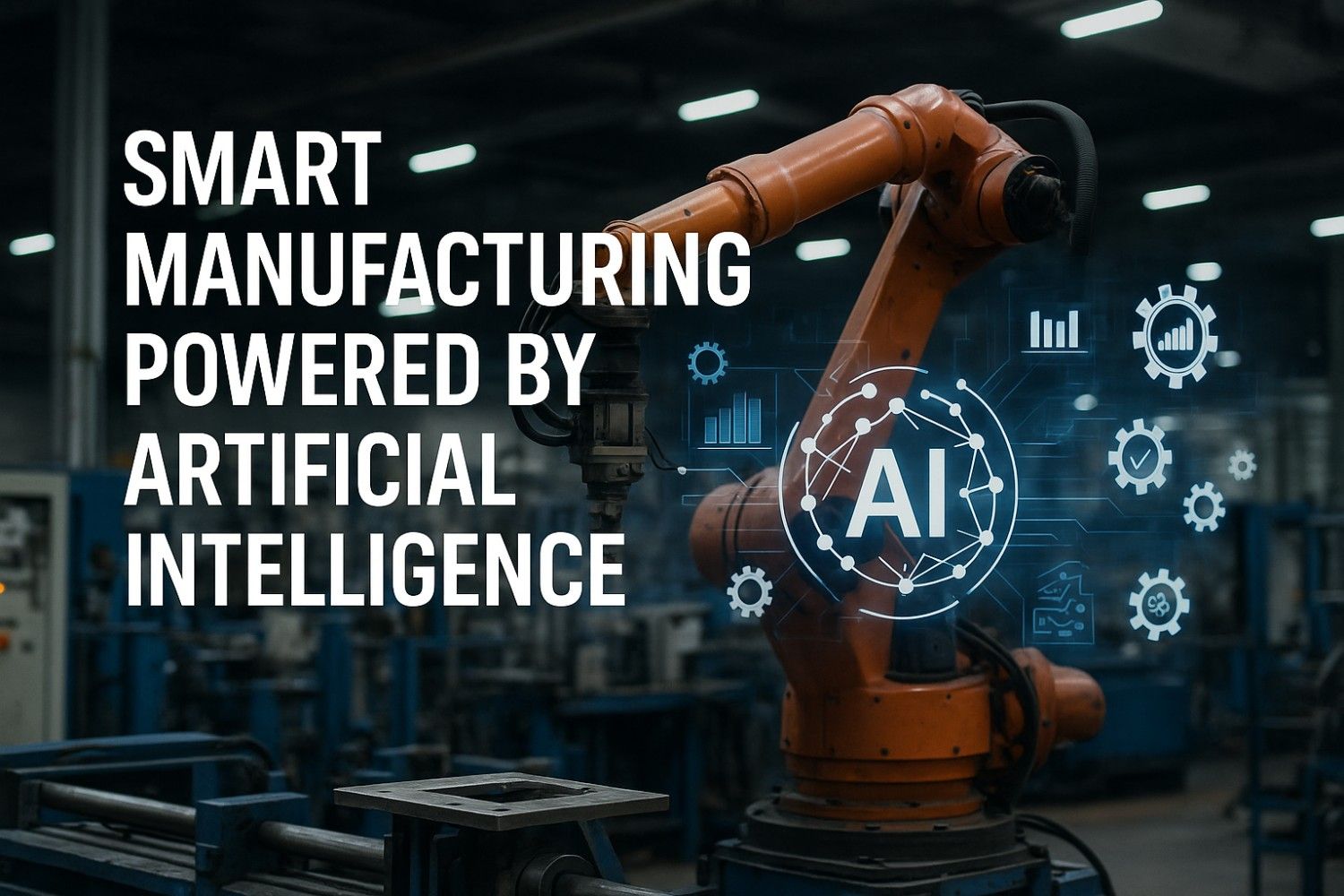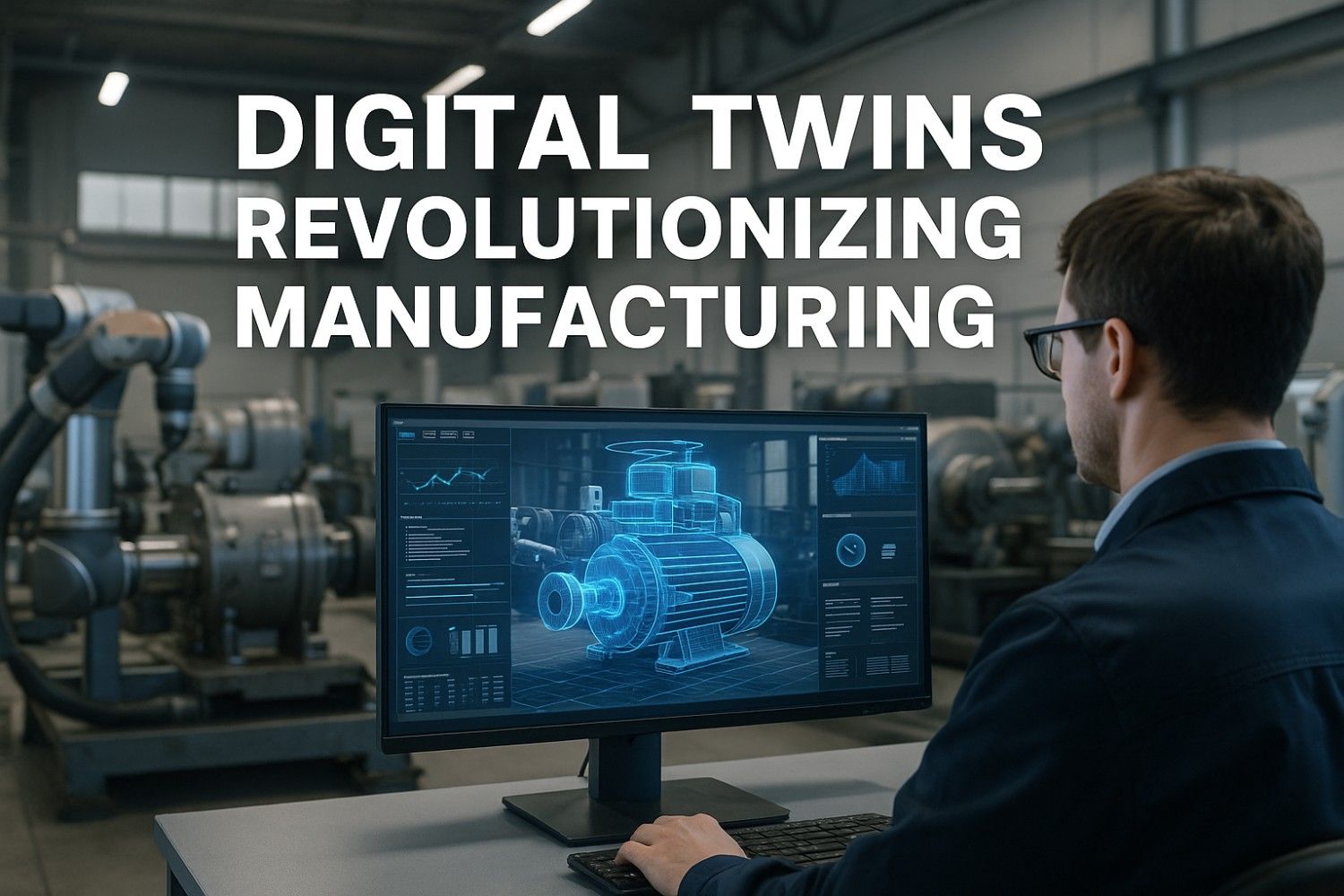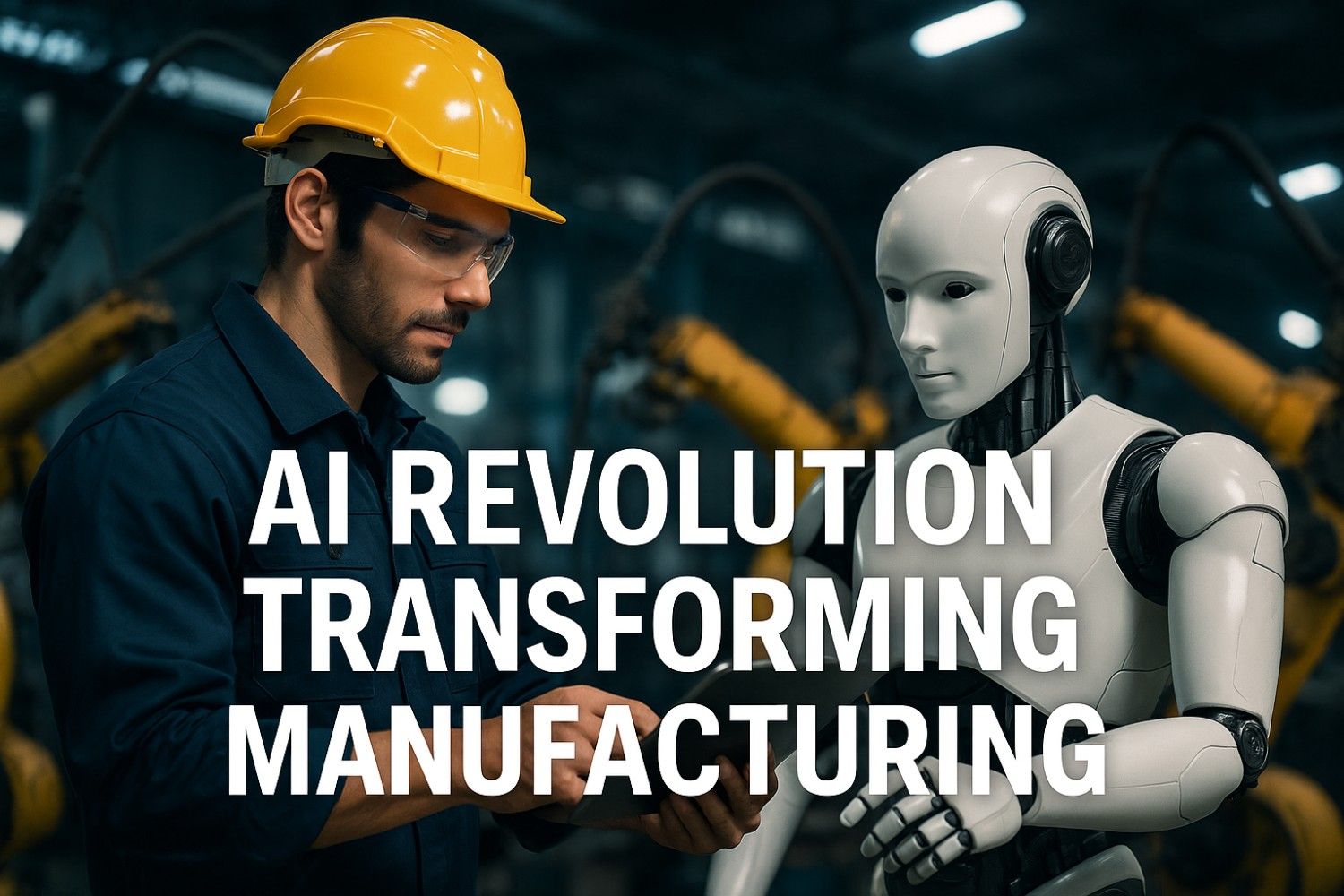CMMS integration with MES creates a powerful synergy between production execution and maintenance management systems. This integration enables manufacturers to leverage data from both systems to make informed decisions about production scheduling, maintenance planning, and resource allocation. Leading MES platforms like iFactory MES, Aegis MES, Aveva MES, and Tulip MES have recognized this need and offer robust integration capabilities.
The integration typically involves bi-directional data flow between the CMMS and MES platforms. For instance, when a Siemens Opcenter Execution system detects equipment performance degradation, it can automatically trigger maintenance work orders in the connected CMMS. Conversely, scheduled maintenance activities in the CMMS can inform production planning in systems like Epicor MES or Ignition MES. Modern solutions like iFactory MES are specifically designed to bridge these integration gaps, offering seamless connectivity with both legacy SAP xMII systems and contemporary CMMS platforms.
Key Components of CMMS Integration with MES
- Real-time Data Exchange: Seamless communication between MES platforms like Plex MES and CMMS systems
- Work Order Automation: Automatic generation of maintenance tasks based on MES production data
- Asset Performance Monitoring: Integrated tracking across Infor MES, FactoryLogix, and other platforms
- Predictive Maintenance: Advanced analytics combining MES and CMMS data for proactive maintenance
- Resource Optimization: Coordinated scheduling between production and maintenance teams
Leading MES Platforms Supporting CMMS Integration
The manufacturing landscape features numerous MES solutions that support CMMS integration, each offering unique capabilities and integration approaches. Understanding these platforms helps manufacturers make informed decisions about their MES automation strategies.
Advanced CMMS integration with seamless SAP xMII migration and co-existence capabilities.
SAP MES provides comprehensive integration capabilities with leading CMMS platforms through SAP Manufacturing Execution.
Siemens Opcenter Execution offers robust CMMS integration for Siemens MES environments.
Oracle MES solutions provide enterprise-level CMMS integration capabilities.
AVEVA's Wonderware MES platform supports comprehensive maintenance integration.
Camstar Siemens solutions offer advanced CMMS connectivity for critical manufacturing.
GE Proficy MES provides intelligent manufacturing and maintenance integration.
Specialized MES Solutions for CMMS Integration
Beyond the major platforms, specialized solutions like Solumina MES for aerospace, Critical Manufacturing MES for high-tech industries, and Aegis FactoryLogix for electronics manufacturing offer targeted CMMS integration capabilities. These platforms often provide industry-specific features that enhance the integration value for particular manufacturing sectors.
Emerging platforms such as Traksys MES, Parsec MES, and Apprentice MES are also developing sophisticated integration capabilities, often leveraging cloud-based architectures and modern APIs to simplify CMMS connectivity. Meanwhile, established solutions like Honeywell MES, Factory MES by various vendors, and POMS MES continue to evolve their integration offerings.
iFactory MES: Bridging CMMS Integration Gaps with SAP xMII Migration
iFactory MES emerges as a comprehensive solution that addresses the critical gaps in CMMS integration while providing seamless migration pathways from legacy SAP xMII systems. Unlike traditional MES platforms that require complex customization for CMMS connectivity, iFactory MES is built with native integration capabilities that simplify the entire process of connecting maintenance management with manufacturing execution.
The platform's unique architecture enables manufacturers to maintain their existing SAP xMII investments while gradually modernizing their operations. iFactory MES can co-exist with legacy systems, providing a bridge that connects SAP xMII data with advanced CMMS functionalities, ensuring that manufacturers don't lose their historical data or disrupt ongoing operations during the transition.
Key Features of iFactory MES for CMMS Integration
- SAP xMII Compatibility Layer: Maintains existing SAP xMII workflows while adding enhanced CMMS integration capabilities
- Bi-directional Data Synchronization: Real-time data exchange between production systems and maintenance management platforms
- Predictive Maintenance Integration: AI-powered algorithms that combine production data with maintenance history for proactive maintenance scheduling
- Legacy System Bridge: Co-existence capabilities that allow gradual migration without operational disruption
- Universal CMMS Connectivity: Pre-built connectors for leading CMMS platforms including SAP PM, IBM Maximo, and others
- Automated Work Order Generation: Intelligent creation of maintenance tasks based on production events and equipment performance
Seamless SAP xMII Migration Strategy with iFactory MES
iFactory MES addresses the common challenge of SAP xMII modernization by providing a phased migration approach that preserves existing investments while introducing advanced CMMS integration capabilities. The platform's migration tools can automatically map SAP xMII data structures to modern MES formats while maintaining full CMMS connectivity throughout the process.
The co-existence model allows manufacturers to run iFactory MES alongside SAP xMII during the transition period, ensuring business continuity while teams become familiar with the enhanced CMMS integration features. This approach eliminates the risk associated with big-bang migrations and provides a clear path to full modernization.
Exclusive Webinar: SAP xMII to iFactory MES Migration
SAP xMII to iFactory MES: AI-Driven Manufacturing with easy SAP Integration
Event by iFactory MES: Powering Manufacturing Excellence with AI Agents, IIoTand SAP Integration
Tuesday, July 1, 2025 | ⏰ 11:00 AM EST
Book a Demo Contact SupportBenefits of CMMS Integration with MES Automation
The integration of CMMS with MES automation delivers transformative benefits that extend far beyond simple data sharing. This integration creates a comprehensive manufacturing intelligence platform that optimizes both production and maintenance operations simultaneously.
| Integration Benefit | Impact on Operations | Typical ROI Timeline |
|---|---|---|
| Predictive Maintenance | 30-50% reduction in unplanned downtime | 6-12 months |
| Optimized Scheduling | 15-25% improvement in OEE | 3-6 months |
| Resource Coordination | 20-30% reduction in maintenance costs | 6-9 months |
| Data-Driven Decisions | 10-20% improvement in asset utilization | 9-12 months |
Enhanced Equipment Performance Through Integration
When platforms like Sepasoft MES, ITAC MES, or MES AVEVA integrate with CMMS systems, manufacturers gain unprecedented visibility into equipment performance patterns. This visibility enables proactive maintenance strategies that prevent costly breakdowns and extend equipment lifecycle.
- Real-time equipment health monitoring across Lighthouse MES and other platforms
- Automated maintenance scheduling based on actual equipment usage from Top MES solutions
- Predictive analytics combining production data from ODOO MES with maintenance history
- Improved spare parts management through integration with PTI MES and inventory systems
- Enhanced compliance reporting for regulated industries using IQMS MES integration
Want to experience the power of CMMS integration with MES? See how leading manufacturers optimize their operations with integrated solutions.
Book a Demo Contact SupportImplementation Strategies for CMMS Integration with MES
Successful implementation of CMMS integration with MES requires careful planning and a phased approach that considers the unique requirements of each manufacturing environment. Whether integrating with established platforms like SAP Manufacturing Execution or newer solutions like New MES Pro, the implementation strategy must address technical, operational, and organizational factors. iFactory MES simplifies this process by providing pre-built integration, templates and automated migration tools specifically designed for SAP xMII environments.
The implementation process typically begins with a comprehensive assessment of existing systems, including MES platforms like Total MES, and CMMS capabilities. This assessment identifies integration points, data mapping requirements, and potential challenges that may arise during the integration process. iFactory MES addresses many of these challenges proactively through its SAP xMII compatibility layer and universal CMMS connectivity features.
Phase 1: System Assessment and Planning
The initial phase involves evaluating current MES installations, whether they're running on Eyelit MES, Mapex MES, or other platforms, and identifying integration opportunities with existing CMMS systems. This assessment should consider factors like data quality, system performance, and user adoption rates.
Phase 2: Integration Architecture Design
Designing the integration architecture requires careful consideration of data flow patterns, security requirements, and scalability needs. Modern integration approaches often leverage APIs and middleware solutions that can connect platforms like Opcenter MES with various CMMS systems while maintaining data integrity and system performance.
Phase 3: Testing and Deployment
Rigorous testing ensures that the CMMS integration with MES functions correctly under various operational scenarios. This includes testing with different MES Oracle configurations, validating data accuracy, and ensuring that the integration doesn't impact production operations.
Future Trends in CMMS Integration with MES Technology
The future of CMMS integration with MES is being shaped by emerging technologies including artificial intelligence, machine learning, and IoT connectivity. These advances are transforming platforms across the spectrum, from established solutions like Objective MES to innovative platforms exploring MES in production environments.
Industry analysts, including those contributing to Gartner Magic Quadrant MES evaluations, predict that future integrations will feature more intelligent automation, self-learning maintenance algorithms, and seamless connectivity with Industry 4.0 initiatives. These developments will further enhance the value proposition of CMMS integration with MES across all manufacturing sectors.
Emerging Technologies Shaping Integration
- AI-Powered Predictive Analytics: Advanced algorithms that learn from MES PPT data and maintenance patterns
- IoT Device Integration: Enhanced connectivity between shop floor equipment and MES GE systems
- Cloud-Based Solutions: Scalable integration platforms supporting MES Machine learning capabilities
- Digital Twin Technology: Virtual representations of assets combining MES Camstar and CMMS data
- Mobile Integration: Enhanced mobile access for maintenance teams using MES Download applications
Conclusion: Maximizing Value Through CMMS Integration with MES
CMMS integration with MES represents a fundamental shift toward more intelligent, connected manufacturing operations. Whether implementing with established platforms like MPDV MES, AspenTech MES, or exploring newer solutions like Dassault MES and ABB MES, the benefits of integration are clear: improved equipment reliability, optimized production efficiency, and enhanced operational visibility.
As manufacturing continues to evolve toward greater digitalization and automation, the organizations that successfully integrate their CMMS with MES platforms will be best positioned to compete in the global marketplace. The investment in integration technology pays dividends through reduced downtime, lower maintenance costs, and improved overall manufacturing performance.

